-
How to become a
Product Designer
.jpg)
What is a Product Designer?
The product designer is a professional with an integrated approach to product design, investigating humankind’s renewed values and needs in the global reality, keeping a sustainable relationship with the environment.
Product designers perform all the creative, technical and communication functions related to the creation of a product: from conception, design and production, through to the marketing and distribution phase. They are professionals capable of analysing and understanding all aspects arising from the use and relations with an object. Product designers are able to reinterpret functional, technical and aesthetic aspects in an innovative way, also foreshadowing possible evolutions of objects’ role as physical terminals of virtual relationship and interaction systems.
What does a Product Designer do?
Product designers translate a company or brand’s requirements into creative solutions for serial or small-scale production projects. They interpret the evolution of society and customs, proposing innovative and experimental projects, suggesting new imagery and new forms of lifestyle.
Product designers are in charge of the entire design process, from the analysis and product creation phase to the choice of materials, the definition of 2D and 3D design, execution of renderings, the development of technical designs and prototype realisation, up to the definition of graphic and multimedia communication strategies to support marketing of the products.
What skills should a Product Designer have?
- understanding the needs of a company or brand
- ability to analyse the cultural, social and product context
- knowledge of the history of art, design and industry
- ability to provide creative and innovative solutions in product design
- use of computer tools for 2D and 3D drawing and modelling, and rapid prototyping
- ability to create connections between experimentation and market demand
- ability to carry out continuous research and studies in support of project development and their own professional independence
- ability towork in a team, with a critical approach and interdisciplinarity between the various fields of design and the arts.
How to become a Product Designer?
To become a product designer, it is essential to have acquired a design methodology characterised by a critical approach and ongoing curiosity for all-round knowledge.
You can become a product designer through a three-year training course (university degree or first-level academic diploma).
In order to reach a higher level of completeness and design maturity, through more specific and professionalising experiences, it is advisable to carry on studying, tacking on a two-year course (master's degree or second level academic diploma) in Product Design.

- Design (Bachelor of Arts)
- Design - Product and Service Design (Master of Arts)